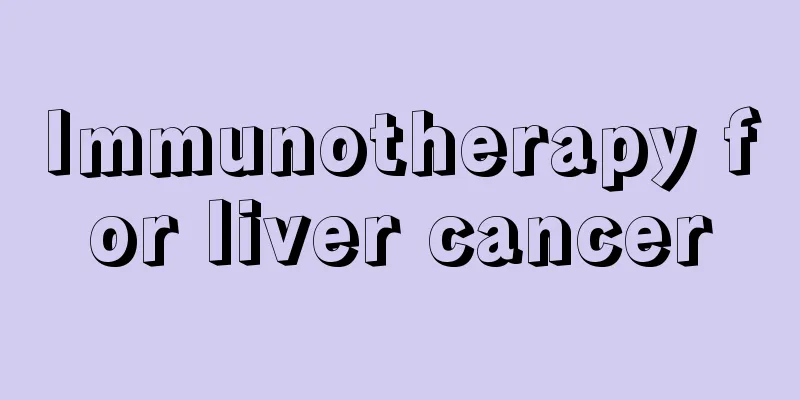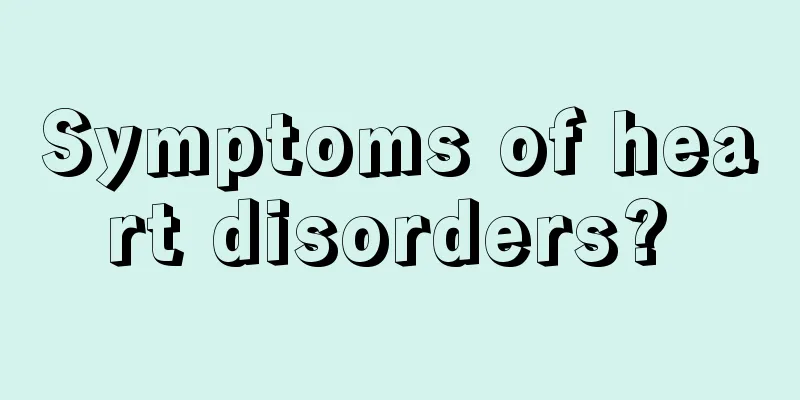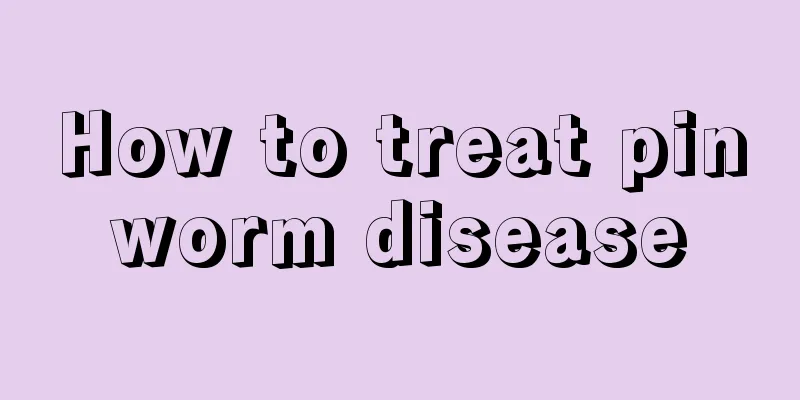Immunotherapy for liver cancer

|
The purpose of immunotherapy for liver cancer is to mobilize the body's inherent immune capacity to control tumors, so immunotherapy has become an indispensable part of comprehensive treatment for liver cancer, and plays an auxiliary role in surgery, radiotherapy, and chemotherapy. BCG and Corynebacterium parvum were used earlier. In recent years, streptococcal preparations, interferon, tumor necrosis factor, etc. are more commonly used. The specific description is as follows: (1) BCG: Experiments have shown that BCG and tumor cells share common antigens, suggesting that microbial preparations can not only increase the body's nonspecific immune function, but also have specific anti-tumor effects. In general, the use of traditional Chinese medicine or (and) chemotherapy combined with BCG to treat liver cancer may prolong survival. (2) Corynebacterium brevis: Experiments have shown that Corynebacterium brevis can inhibit the growth of more than 10 types of animal tumors. In a group of 141 patients with advanced metastatic tumors, half of them received chemotherapy alone, and the other half received combined Corynebacterium brevis. The average survival time of the latter group was twice that of the chemotherapy group. However, its efficacy in treating liver cancer is still uncertain. (3) Streptococcus preparations: As early as the 1960s, some people noticed that cancer patients would automatically recover after being infected with Group A Streptococcus. Therefore, streptococci were prepared to treat tumors. Japan began to sell it on the market in 1983 and has a certain effect on various tumors. It is clinically used for unresectable liver cancer and can improve the survival rate. If combined with interventional treatment, the effect is better. Experimental studies have shown that immunotherapy can activate the body's immune function and can induce more tumor necrosis factor, thereby inhibiting the proliferation of liver cancer cells. (4) Interferon: Interferon is a protein produced by human cells after contact with viruses that can interfere with viral growth and proliferation. Since the 1970s, it has been found that interferon can inhibit the proliferation of tumor cells. In the interferon family, the activity of y interferon is 10 to 100 times higher than that of α and 0. The anti-cancer mechanisms of interferon are: ① inhibiting the reproduction of tumor viruses; ② inhibiting the division of tumor cells; ③ mobilizing the body's immune function to kill tumor cells; ④ changing the characteristics of tumor cell membranes and increasing the expression of tissue compatibility antigens. At present, there are no reports of significant effects of interferon in the treatment of liver cancer. (5) Tumor necrosis factor (TNF) The anti-cancer mechanism of TNF is as follows: ① It is highly specific to tumor cells and can selectively inhibit their DNA synthesis. ② It enters cells through receptor-mediated endocytosis and then enters lysosomes, causing a series of biochemical reactions and exerting direct cytotoxic effects. ② It damages or blocks tumor blood vessels, causing hemorrhagic or ischemic necrosis. ④ It enhances immune function, activates helper T cells and differentiates B cells, and activates NK cells. |
<<: Preoperative preparation for liver resection in patients with liver cancer
>>: Surgical treatment of gallbladder cancer
Recommend
What are the dietary precautions after colon cancer surgery
Colon cancer is fundamentally a malignant tumor. ...
Sequelae of ureteral stricture surgery
Patients with ureteral strictures have to undergo...
What are the drugs that can reduce fibroids
Fibroids are a disease that no one wants to happe...
Where are the mandibular lymph nodes?
Under normal circumstances, lymph nodes exist in ...
What is the best way to treat anemia?
People who suffer from chronic anemia always look...
What does yogurt conflict with
Drinking yogurt as a beverage in moderation in ou...
Can rectal ulcer lead to rectal cancer?
Actively cooperating with the doctor's treatm...
Can I use air conditioning if I have pharyngitis
We all know that the weather in summer is very ho...
Is it okay to iron your underwear with hot water?
Many details in life are closely related to healt...
Let's talk about the causes of osteosarcoma
Osteosarcoma is difficult to cure and is prone to...
What are the benefits of doing chest expansion exercises
Exercise is a very important thing in life, becau...
What medicine should patients with bronchial lung cancer take for cough?
What medicine should patients with bronchial lung...
People should always take precautions against colorectal cancer
Nowadays, the incidence of colorectal cancer is g...
What is the cause of buttock muscle pain
In daily life, many people often feel pain in the...
Can esophageal cancer be cured
Can esophageal cancer be cured? This is a questio...









